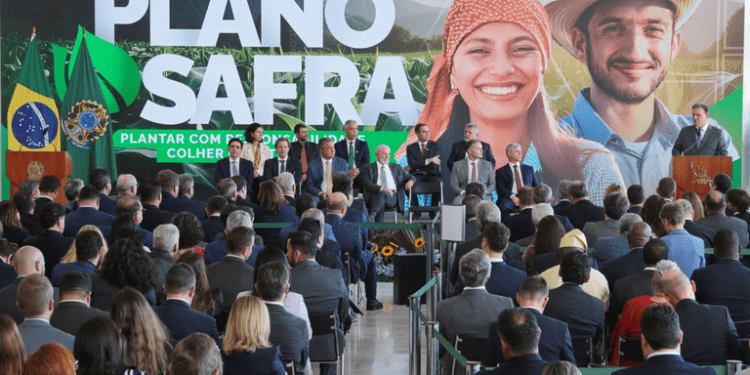Historic Increase in Funding and Focus on Sustainability
The Brazilian government has launched the 24/25 Harvest Plan, aiming to significantly bolster the agricultural sector with unprecedented funding and enhanced efficiency measures.
In a landmark announcement, President Luiz Inácio Lula da Silva and Agriculture and Livestock Minister Carlos Fávaro unveiled the 24/25 Harvest Plan on Wednesday, July 3. This plan allocates a record-breaking R$ 400.59 billion to support agribusiness, a 10% increase from the previous plan, marking it as the largest in history. Additionally, R$ 108 billion in Agribusiness Credit Letters (LCA) is available to further support the national agricultural sector.
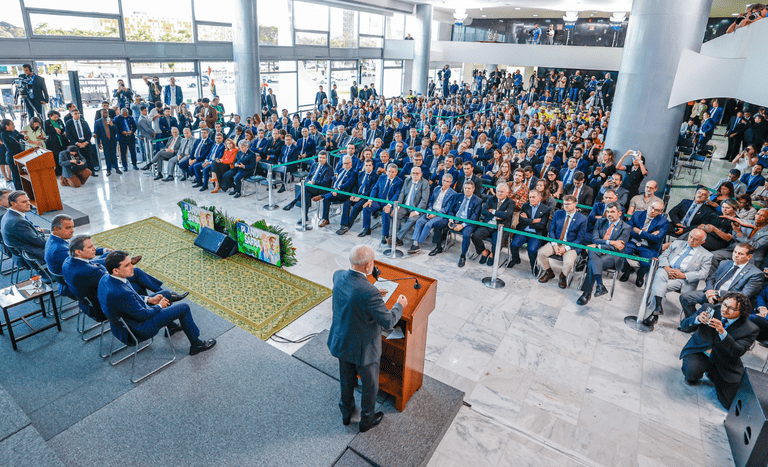


Historic Funding and Enhanced Efficiency
Minister Fávaro emphasized that this year’s plan was designed to reduce production costs and increase efficiency. With a 63% improvement in efficacy, the plan offers broader coverage and more resources. Compared to the two previous plans under the current administration, there has been a total resource increase of 40%, while production costs for agricultural products have decreased.
Breakdown of Resources
Of the R$ 400.59 billion designated for agribusiness credit, R$ 293.29 billion (+8%) is allocated for funding and commercialization, and R$ 107.3 billion (+16.5%) for investments. Beneficiaries will receive R$ 189.09 billion at controlled rates, primarily for the National Support Program for Medium Rural Producers (Pronamp) and other cooperatives, with R$ 211.5 billion at free rates.
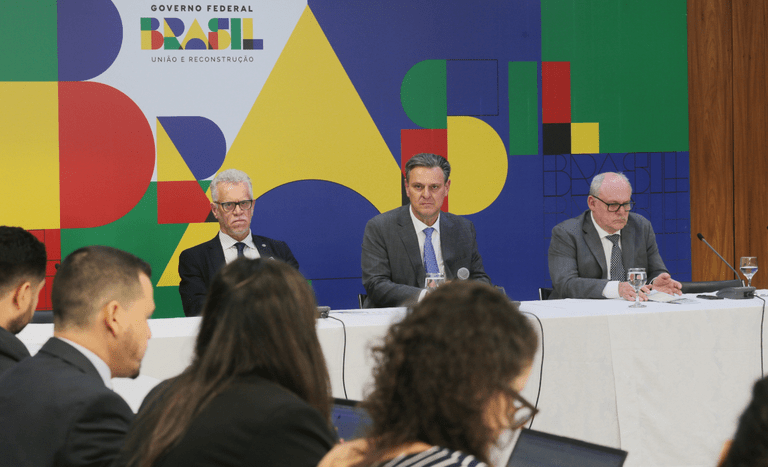
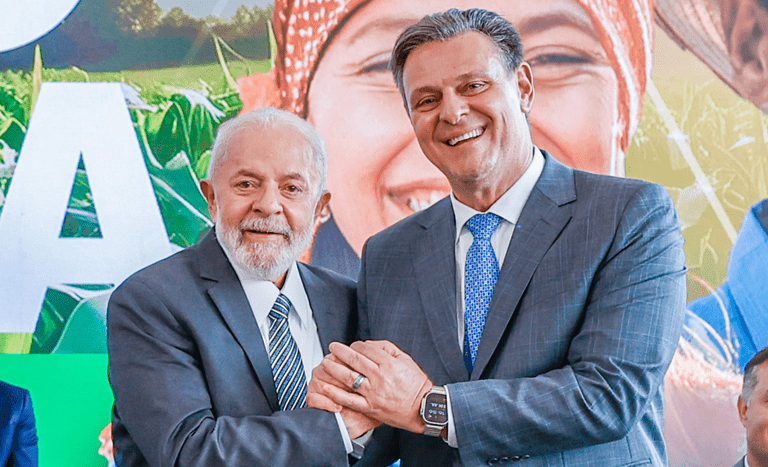

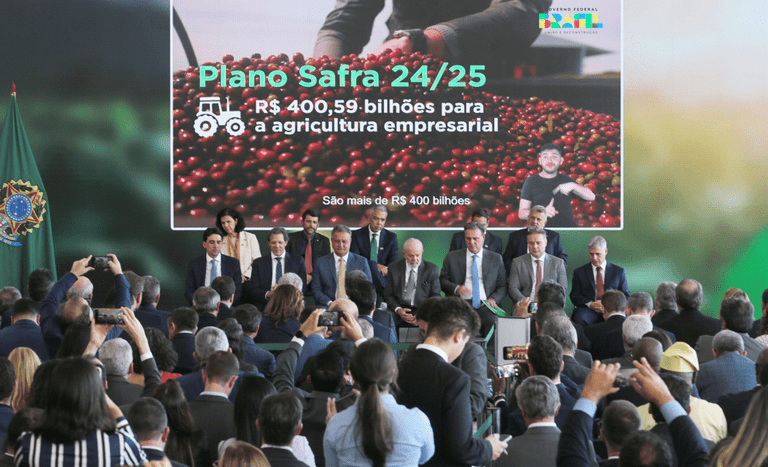
Interest Rates and Incentives
Interest rates for funding and commercialization are set at 8% per annum for Pronamp-qualified producers. Investment interest rates vary between 7% and 12% per annum, depending on the program. The plan also incentivizes sustainable farming practices, offering a potential reduction of up to 1 percentage point in interest rates for producers who adopt environmentally friendly practices and have their Rural Environmental Registry (CAR) analyzed.
Rural Insurance Program
A key highlight of the new Harvest Plan is the Rural Insurance Subsidy Program (PSR). For Rio Grande do Sul, ordinary resources for rural insurance increased from R$ 134.4 million to R$ 157.4 million, with an additional R$ 210.9 million in extraordinary resources, totaling R$ 368.3 million. This expansion will cover more producers and hectares, providing greater security for farmers.
The PSR allows farmers to secure their production at a reduced cost through federal government financial aid. Any individual or legal entity cultivating or producing species covered by the program can apply for the economic subsidy granted by the Ministry of Agriculture.
Responsible Agriculture
The 24/25 Harvest Plan continues to promote environmentally sustainable production systems. It rewards farmers who have their CAR analyzed and those who adopt sustainable agricultural practices. The federal government is encouraging good practices, offering a reduction of up to 1 percentage point in interest rates for sustainable farming.
Conclusion
With significant resource increases and a focus on efficiency and sustainability, the 24/25 Harvest Plan aims to strengthen Brazil’s agricultural sector, providing robust financial support and incentives for sustainable practices. This integrated approach is expected to provide stability and continuous growth for the country’s agribusiness.



